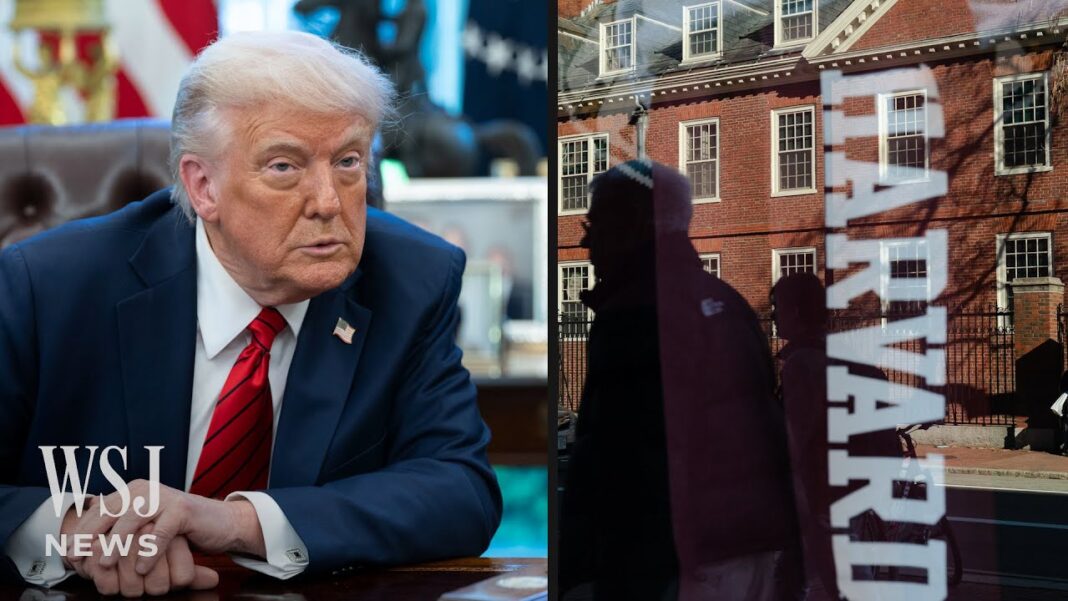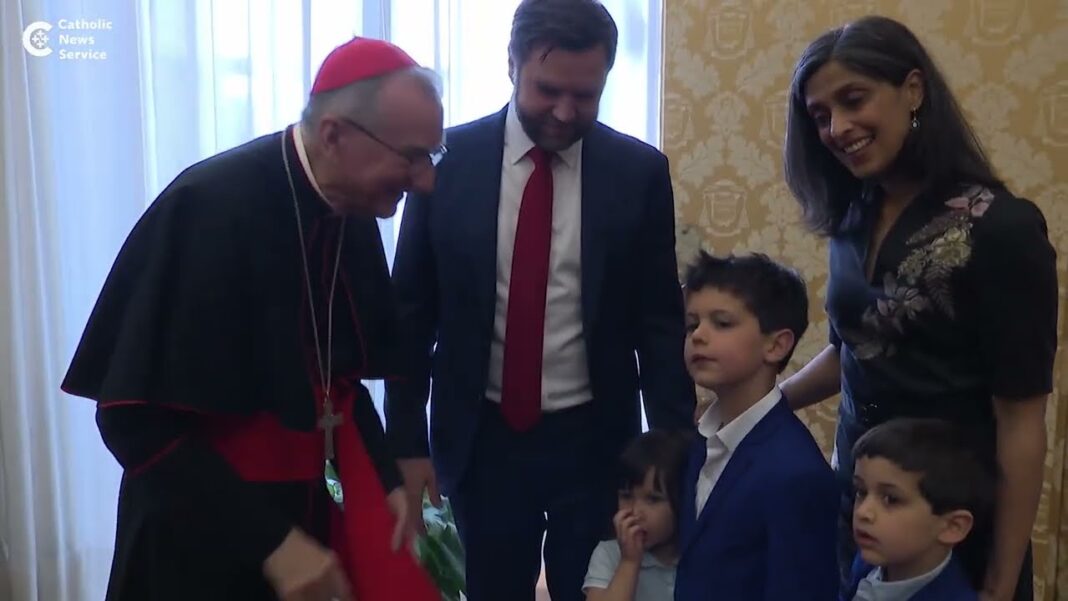Iran’s foreign minister and U.S. special envoy agreed to a third round of talks aimed at preventing Iran from obtaining a nuclear weapon.
Iran and the United States have ended their second round of talks aimed at curbing Iran’s nuclear weapons development and agreed to hold a third next week.
Iran’s Foreign Minister Abbas Araghchi and presidential envoy Steve Witkoff held the second round of talks in Rome on April 19.
As with the first round of talks, which were held in the Omani capital of Muscat last week, the pair negotiated indirectly through an Omani official who shuttled messages between the two sides.
Witkoff and Araghchi interacted with one another briefly at the end of the first round of talks, but officials from the two countries have not held direct negotiations since 2015 under President Barack Obama.
The pair agreed on Saturday to meet again in Oman on April 26. Additional experts from both sides will also meet between now and that time, suggesting that there has been some movement in the second round of talks between the two countries.
The experts will discuss details of a possible deal on a technical level, according to Iran.
“The talks were held in a constructive environment and I can say that is moving forward,” Araghchi told Iranian state television. “I hope that we will be in a better position after the technical talks.”
The high-stakes talks largely hinge on Witkoff and Araghchi’s ability to find common ground on Iran’s nuclear program and regional security issues.
Araghchi said ahead of the talks that Tehran was committed to diplomacy and called on “all parties involved in the talks to seize the opportunity to reach a reasonable and logical nuclear deal.”
“Such an agreement should respect Iran’s legitimate rights and lead to the lifting of unjust sanctions on the country while addressing any doubts about its nuclear work,” Araghchi said, according to Iranian state media.
Tehran has sought to tamp down expectations of a quick deal, however, and Iranian Supreme Leader Ayatollah Ali Khamenei said this week he was “neither overly optimistic nor pessimistic” that a deal would be reached.








